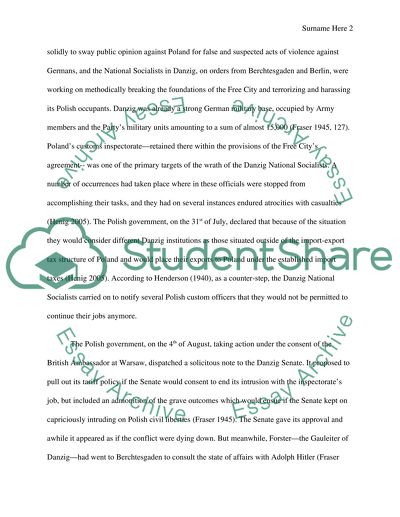Cite this document
(“The Crux of the 1939 German Invasion of Poland Essay”, n.d.)
Retrieved from https://studentshare.org/history/1394317-the-crux-of-the-1939-german-invasion-of-poland
Retrieved from https://studentshare.org/history/1394317-the-crux-of-the-1939-german-invasion-of-poland
(The Crux of the 1939 German Invasion of Poland Essay)
https://studentshare.org/history/1394317-the-crux-of-the-1939-german-invasion-of-poland.
https://studentshare.org/history/1394317-the-crux-of-the-1939-german-invasion-of-poland.
“The Crux of the 1939 German Invasion of Poland Essay”, n.d. https://studentshare.org/history/1394317-the-crux-of-the-1939-german-invasion-of-poland.


